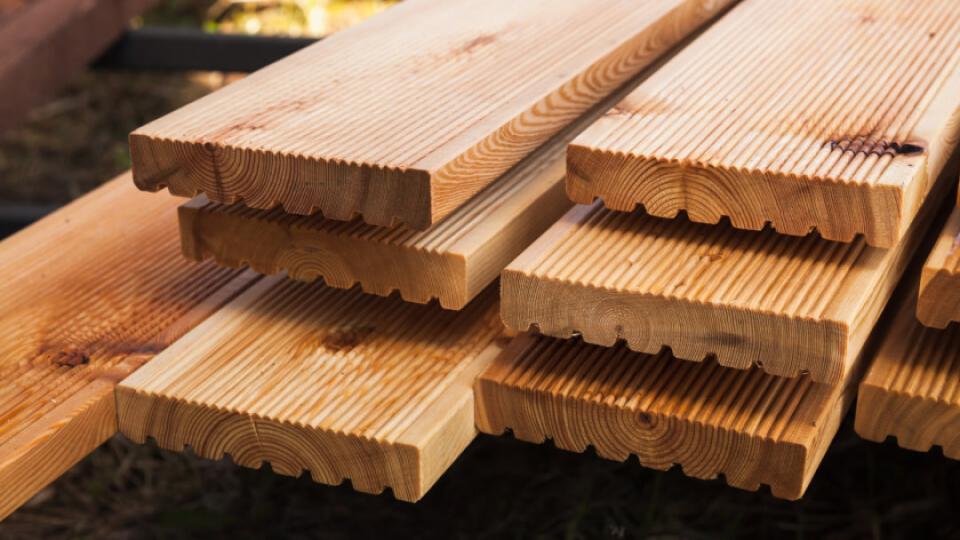The array of options available may seem overwhelming, but fear not! Summer is here so start planning now for your new or improved deck. This guide will help you navigate the world of decking materials, ensuring you select the perfect one for your outdoor oasis.
Understanding the Importance of Decking Material Selection
The decking material you choose plays a crucial role in the aesthetics, durability, and maintenance requirements of your outdoor space. Each material has its unique characteristics, benefits, and drawbacks. By considering your specific needs, style preferences, and budget, you can make an informed decision that ensures both beauty and longevity for your deck.
Wood Decking Materials: A Classic Choice
When it comes materials, wood has long been a popular choice, admired for its timeless appeal and. There are several types of wood commonly used for decking, each with its own distinct characteristics:
- Pressure-Treated Lumber: Affordable and widely available, pressure-treated lumber is chemically treated to resist rot, decay, However, it requires regular maintenance, including staining and sealing, to maintain its appearance and prevent warping or splintering.
- Cedar: Known for its natural resistance to rot and insects, cedar is an excellent choice for decking. It exhibits a rich grain pattern and ages gracefully. While more expensive than pressure-treated lumber, cedar requires less maintenance and can last for many years with proper care.
- Redwood: Redwood, like cedar, boasts exceptional natural durability and resistance to rot and insects. It offers a distinct reddish-brown hue that can enhance any outdoor space. However, redwood may be more challenging to source and may require periodic sealing for optimal longevity.
Composite Decking: The Low-Maintenance Alternative
If you desire the look of wood but want to minimize maintenance, composite decking is an ideal choice. Composed of a mixture of wood fibers and recycled plastic, composite decking offers the following advantages:
- Durability: Composite decking is highly resistant to rot, fading, staining, and scratching, making it an excellent choice for high-traffic areas. It's also less susceptible to warping or splintering than natural wood, making it a safer option for families with children or pets.
- Low Maintenance: Unlike wood, composite decking does not require staining, sealing, or painting. A simple routine cleaning with soap and water is typically all that's needed to keep it looking its best saves you time and money on maintenance efforts in the long run.
- Aesthetics: Composite decking comes in a variety of colors, textures, and finishes, allowing you to achieve the desired look for your outdoor space. Whether you prefer the appearance of natural wood or a more contemporary vibe, composite decking offers versatile options to match your style.
- Environmentally Friendly: With a blend of recycled materials, choice that reduces the demand for virgin wood composite, you contribute to the preservation of our forests.
PVC Decking: The High-Performance Option
For those seeking the utmost in durability and weather resistance, PVC decking is an excellent choice. Made entirely of polyvinyl chloride (PVC) and engineered to withstand the harshest environmental conditions, PVC decking offers the following advantages:
- Weather Resistance: PVC decking is exceptionally resistant to moisture, UV rays, and mold. It won't fade, stain, warp, or crack over time, making it a great option for areas with extreme climates or high levels of humidity.
- Low Maintenance: Similar to composite decking, PVC decking requires minimal maintenance, as it does not require staining, sealing, or painting. Routine cleaning with soap and water is usually sufficient to keep it looking pristine.
- Longevity: With its superior durability, PVC decking can last for decades without succumbing to wear and tear. It provides a solid investment in the long-term value and enjoyment of your outdoor space.
- Aesthetics: PVC decking is available in various colors and finishes, allowing you to achieve the desired aesthetic for your deck. Whether you prefer a traditional appearance or something more contemporary, PVC decking offers a range of options to suit your design vision.
Factors to Consider When Choosing Decking Material
To ensure you make the best choice for your outdoor space, consider the following factors when selecting a decking material:
- Budget: Determine your budget and weigh the initial cost of materials against long-term maintenance expenses. Remember that while wood decking materials may have a lower upfront cost, they often require more maintenance in the form of staining, sealing, and repairs.
- Aesthetic Appeal: Consider the style and ambiance you want to create in your outdoor space. Do you prefer the warmth and natural beauty of wood, or the sleek look or PVC decking? Choose that complements your overall design vision.
- Maintenance Requirements: Determine the level you are willing to commit to. If you prefer a low-maintenance option, composite or PVC decking may be more suitable than decking.
- Environmental Impact: If sustainability is a priority, choose materials with recycled content or those sourced from responsibly managed forests.
- Local Building Codes: Ensure that the chosen decking material complies with local building codes and regulations, especially if you live in an area prone to wildfires, hurricanes, or other environmental challenges.
Once you have a clear vision of your desired deck design, it is advisable to begin the process of obtaining quotes from reputable deck builders.
Whether you opt for the classic appeal of wood, the low-maintenance benefits of composite decking, or the high-performance features of PVC, make sure to you use a TrustDALE certified professional, you're always protected by Dale's trademark $10,000 Make It Right Guarantee™.

